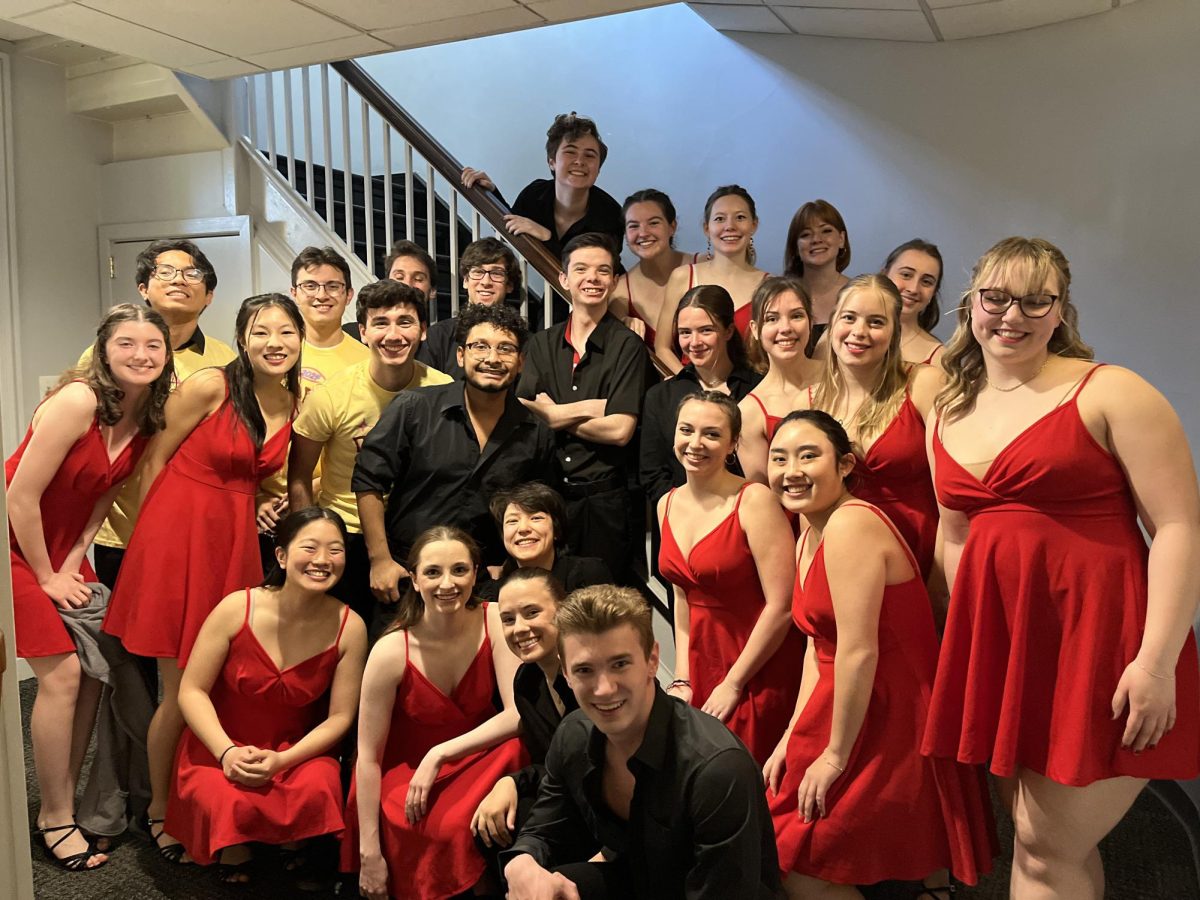From a very young age, I had the goal of going to a “good” college. This, in turn, meant that academics were my priority. This was my mindset as an elementary schooler and stayed that way throughout all of my schooling.
Throughout my adolescence, I knew school was my priority, but college was a thing of the distant future. But as I grew older and entered high school, it became more of a reality. This was especially true given the competitive academic and social environment of my high school, which was composed of many students who shared the same commitment as I did to performing well academically.
But what neither I nor my peers would realize until we actually got to college was how different it would be from what high school seemed to prepare us for. The distinctions between college and high school are reflected in the differences in class schedules.
For example, a typical high schooler will be enrolled in six to seven classes at a time, and usually will attend all or most of them everyday. In college, a student will typically take four to five classes at once, and will rarely attend more than three classes each day. With this many classes in high school, there is no way to delve into subjects on a level even close to that of college classes in terms of depth.
Additionally, tests in high school are administered relatively frequently. This allows students to perform well on tests by merely memorizing information, without having to really understand or retain it for a long period of time.
This is especially evident in the format of standardized tests. Tests like the ACT or SAT require that a student has a surface-level understanding and skill set for many different topics. Similar to the format of the typical exam in high school, this encourages memorization without retention or real understanding.
In my own high school experience, a heavy workload was the norm, and learning to manage a large amount of work for a large variety of subjects became the expectation. While I thought this was preparing me for college, in actuality the result was cultivating students who were skilled at doing the minimum amount of work possible and finding shortcuts. This was not because of laziness or lack of motivation, but rather out of necessity, as we had to find a way to complete all of the work we were assigned.
This made studying for standardized tests a relatively feasible task for me, as I was skilled at the quick memorization of a lot of material.
When applying to colleges, I quickly learned that exceptionally high grades and test scores were the baseline requirements to be considered for admission at top schools. While most colleges boast a “holistic” approach to considering applicants, it is widely understood that impressive extracurriculars and demonstration of intellectual curiosity are not sufficient on their own.
The weight that is placed on factors like Grade Point Average (GPA) and ACT or SAT scores in college admissions caused me to assume that the proficiency I had gained in high school would be valued in college, as well. I felt confident in my ability to manage a heavy workload going into college, given the amount of work I was required to complete in high school.
While I wasn’t wrong in the assumption that college would also be very academically demanding, I have come to find that college-level academics are demanding in a very different way, for which high school did not prepare me.
After attending Colgate University for only about half a semester, I have had to unlearn many of the skill sets that I was taught and became accustomed to in high school.
I remember the feeling of surprise and discomfort when I was assigned my first essay, which required me to abandon the prescribed structure of the high school essay to which I had grown so familiar.
This was the first of many surprises that I would encounter in my first semester of college classes. I quickly learned that simply completing all of the work that was assigned to me and checking boxes on a rubric was not sufficient to do well in my classes.
I was forced to delve into the complexity of the topics about which I was writing. I learned that the structure of high school level essays denied me the opportunity to explore complexity and nuance within my work.
I think that this experience is representative of my experience in college classes as a whole in the way that they differ from high school classes. I have found my experience in college to be very challenging, but in a way that fosters growth. The curiosity and critical thinking that was not valued very highly in high school is encouraged more than anything in college level classes at Colgate.
What is so ironic about these distinctions is that college admissions seem to prioritize the skills that we must unlearn once we actually get to college. I think that the modes of thinking that are encouraged in college should be taught in lower education. Perhaps then college admissions would more effectively seek out students who are prepared to take on the academic and intellectual challenges they will face in college classrooms.















